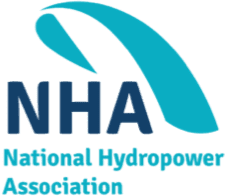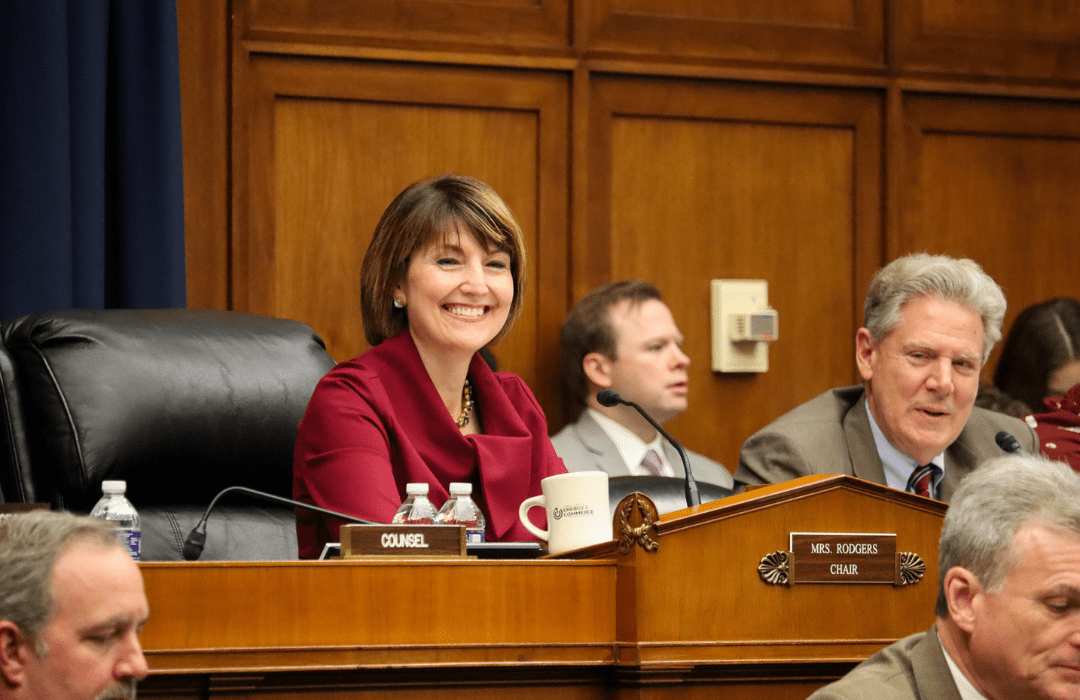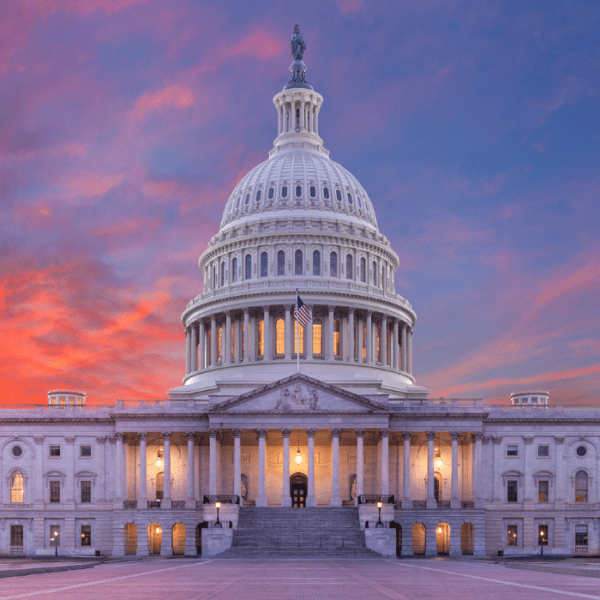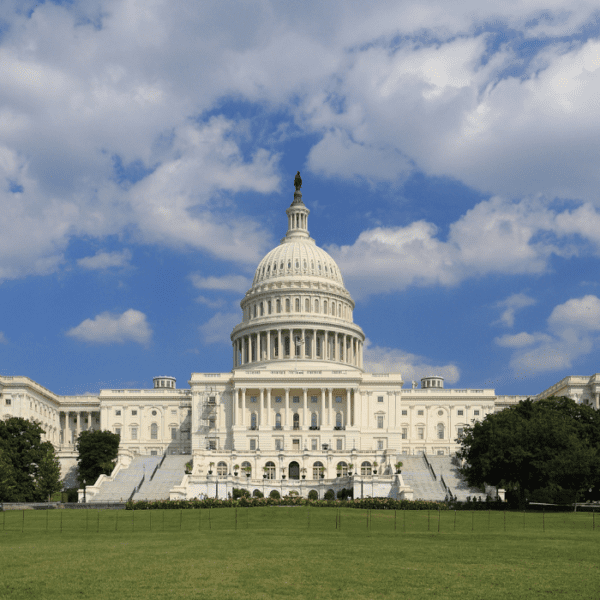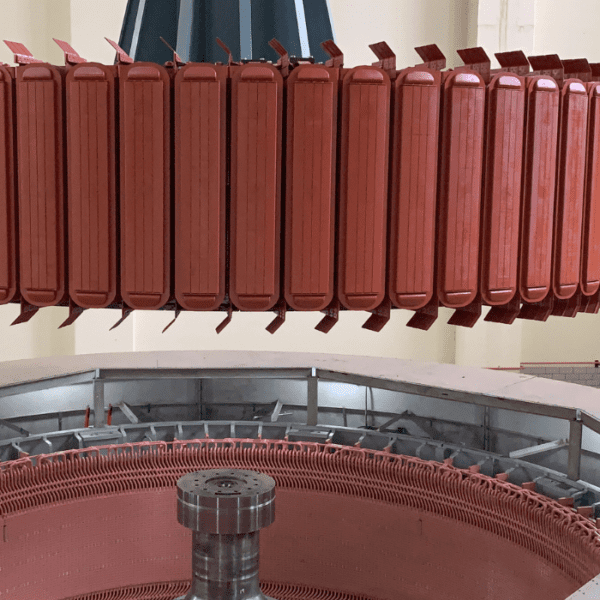The importance of protecting and preserving hydropower in the United States was the central topic of the recent House Energy and Commerce Subcommittee on Energy, Climate, and Grid Security hearing, titled “American Hydropower: Unleashing Reliable, Renewable, Clean Power Across the U.S.”
The Subcommittee reviewed legislation introduced by Chair Cathy McMorris Rodgers (R-WA) that would amend the Federal Power Act (FPA) to modernize and streamline the FERC hydropower process and promote next-generation hydropower projects. H.R. 4045, the Hydropower Clean Energy Future Act, was introduced on June 12, 2023, in the U.S. House of Representatives and has been a long-time priority for the Chair.
The hearing also demonstrated a rare show of bipartisanship in the Energy and Commerce Committee, as well as broad support from both sides of the aisle for hydropower permitting reform; read the official hearing memo here.
WHAT THE BILL ACCOMPLISHES
The proposed bill addresses key industry priorities, and were it to pass, the Hydropower Clean Energy Future Act would allow hydropower to grow adaptatively, meeting the needs of our clean energy future while backstopping the deployment of other renewables.
Additionally, H.R. 4045 would expedite the non-Federal hydropower licensing process by requiring FERC, and all resource agencies with responsibilities in the licensing process, to establish a schedule and coordinate reviews, which would be subject to interagency dispute resolution by Council on Environmental Quality (CEQ) with penalties for failure to meet scheduled deadlines.
The legislation also contains an expedited 2-year licensing process for next-generation hydropower facilities and regulatory exemptions for small hydropower projects unlikely to threaten protected species.
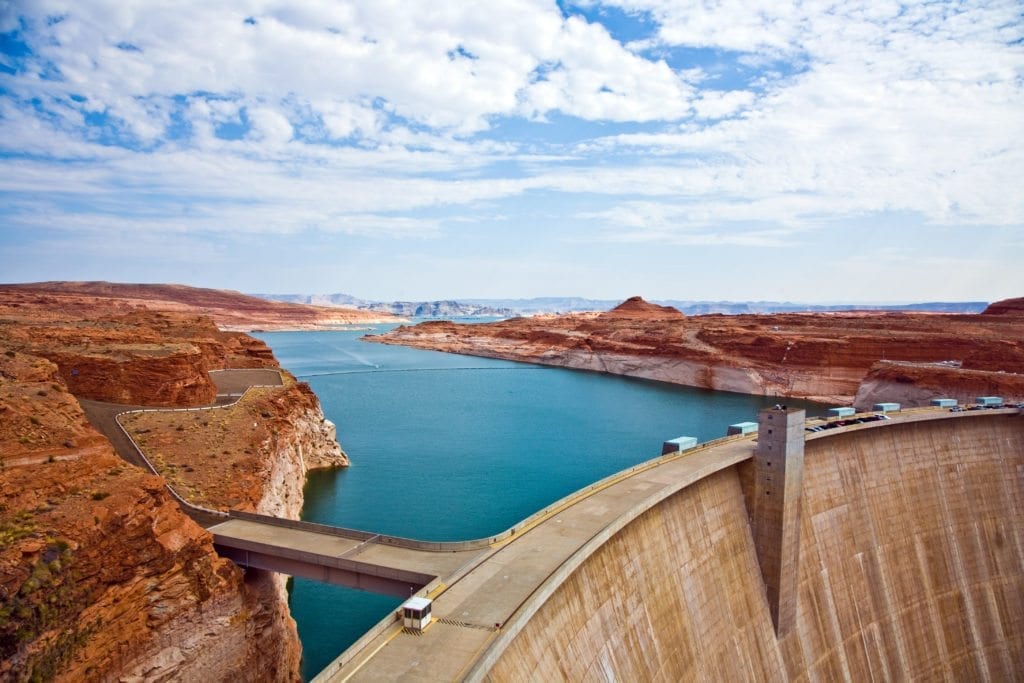
THE WITNESSES
Several witnesses testified during the recent hearing, and they echoed the hydropower industry’s sentiment that immediate license reform is essential to hydro’s future. With projects in the U.S. relinquishing licenses and others considering surrender, hydropower licensing needs immediate, impactful change to best address our current energy challenges.
Members of the subcommittee heard from the following witnesses:
- Terry Turpin, Director of the Office of Energy Projects, Federal Energy Regulatory Commission (testimony)
- John Hairston, Administrator, Bonneville Power Administration (testimony)
- Thomas P. Smith, Chief of Operation and Regulatory Division, Army Corps of Engineers (testimony)
- Matt Lee-Ashley, Chief of Staff, Council on Environmental Quality (testimony)
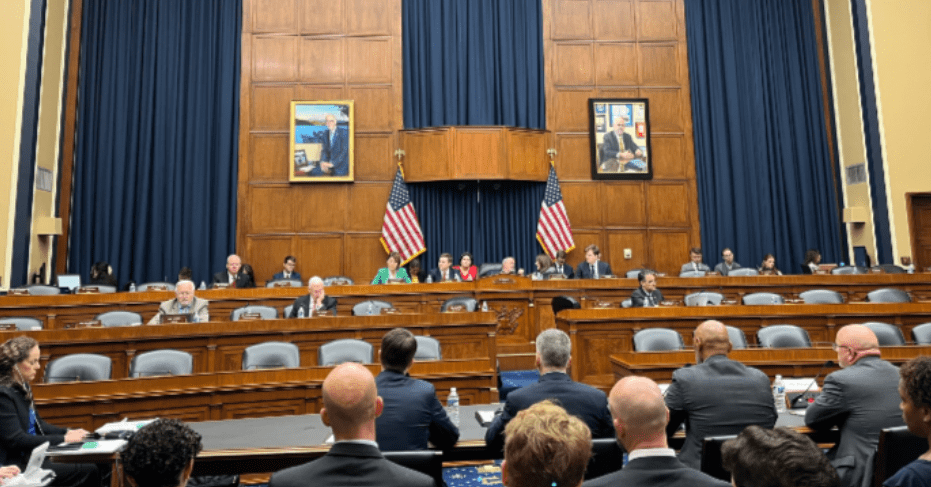
THE BIPARTISAN RESPONSE
At the American Hydropower: Unleashing Reliable, Renewable, Clean Power Across the U.S. hearing, the need for reform to the hydropower licensing and relicensing process was repeatedly emphasized by both sides of the aisle. Democrat and Republican lawmakers alike demonstrated their support for hydropower’s clean energy, grid-balancing, and community benefits and the need to work collaboratively to fix the permitting process.
Representative Annie Kuster (D-NH) spoke to the importance of bipartisan collaboration when it comes to reforming the hydro licensing process, “If there’s one thing Democrats and Republicans can agree on it’s this: hydropower has an indispensable role to play in our future energy system. If there’s a second thing that Democrats and Republicans can agree on it’s this: the hydropower licensing and relicensing process is broken.”
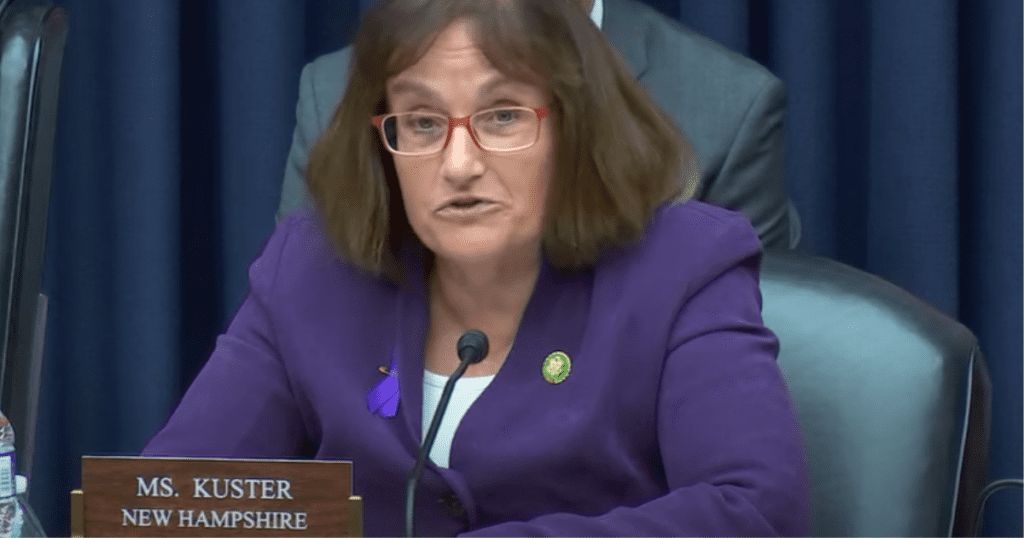
However, there were several points of contention brought up by subcommittee democrats surrounding environmental protection, the lack of provisions for tribal sovereignty, and language that would exempt projects up to 40 MW from environmental reviews. A few democratic lawmakers signaled their support for the Senate’s version of hydropower permitting reform and expressed their desire to incorporate these provisions into the House version.
SIMILARITIES BETWEEN THE SENATE AND HOUSE BILLS
The Senate’s hydropower licensing reform bill, the Community and Hydropower Improvement Act, was introduced by Senator Cantwell (D-WA) and Senator Daines (R-MT) on May 10, 2023, and is the product of negotiation among industry, conservation groups, and tribes under Stanford University’s Uncommon Dialogue coalition. The House and Senate bills are directionally similar, as both seek to expedite the licensing process for non-federal hydropower projects and coordinate federal decision making.
While there is bicameral momentum, the two chambers will need to work together to find consensus on a final product, but there is hope – Chair Rodgers told an Axios reporter “There’s absolutely a deal to be struck between the chambers,” adding, “(and) there’s a lot of support, and we can hammer it out.”
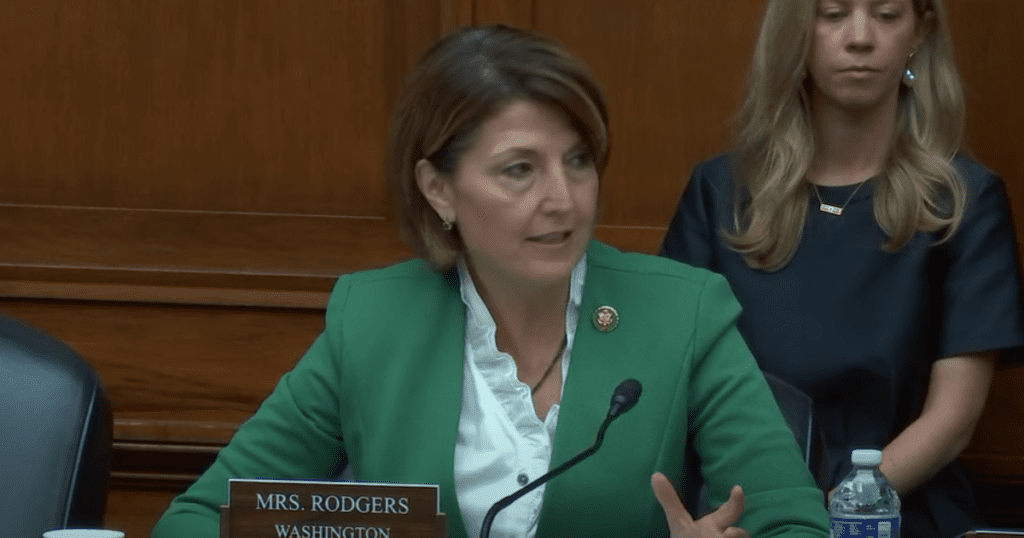
WHAT COMES NEXT?
National Hydropower Association (NHA) will continue to update readers about developments to H.R. 4045, the Hydropower Clean Energy Future Act, as they emerge. Yet, positive signs for the legislation’s progress were evident after the recent hearing, as an aide for the House Energy and Commerce Committee said that they plan to mark up the package “as soon as possible,” signaling that this legislation will continue to move through the legislative process on its way to becoming enacted into law.
Follow NHA on LinkedIn and Twitter (X) for the latest updates.

